How to Find Experimental Probability?
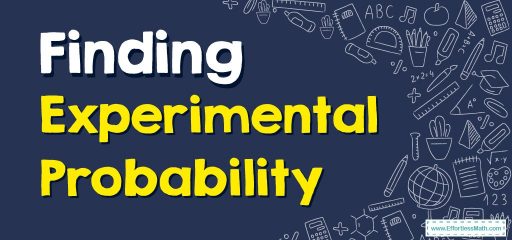
Experimental probability formula
Experimental probability – Example 1:
Solution:
\(P(< 6\) cookies)\(= \frac {3}{7}\)
Original price was: $109.99.$54.99Current price is: $54.99.
Original price was: $109.99.$54.99Current price is: $54.99.
Original price was: $114.99.$54.99Current price is: $54.99.
Related to This Article
More math articles
- How to Prepare for the AFOQT Math Test?
- 8th Grade FSA Math FREE Sample Practice Questions
- Estimating Sums
- How to Multiply Mixed Numbers? (+FREE Worksheet!)
- How is the ATI TEAS 7 Test Scored?
- The Ultimate PSAT Math Course (+FREE Worksheets & Tests)
- 4th Grade K-PREP Math Worksheets: FREE & Printable
- The Best SAT Math Worksheets: FREE & Printable
- Algebra Puzzle – Challenge 32
- Case File: How to Solve Multi-step Problems Involving Percent

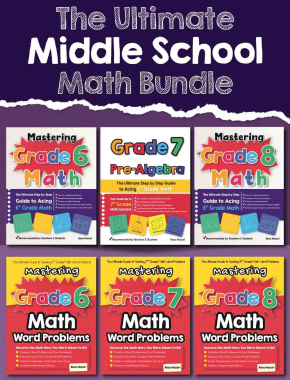
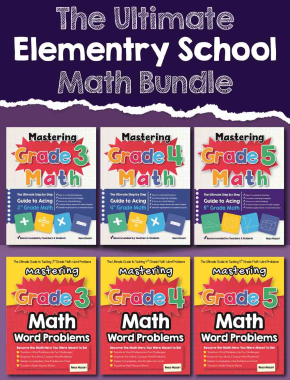
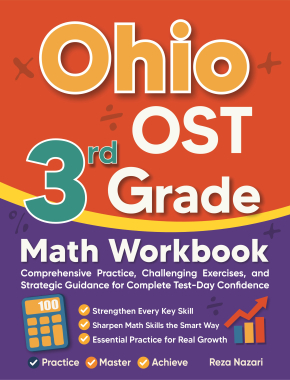
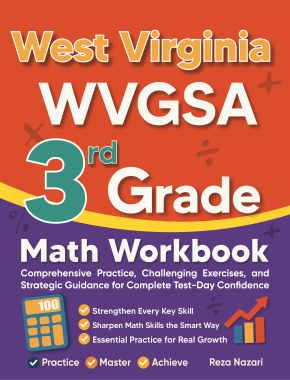
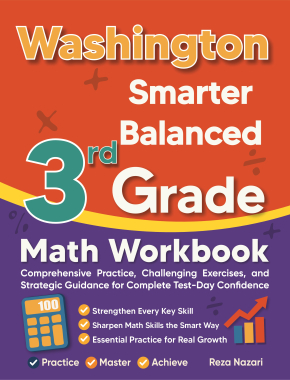
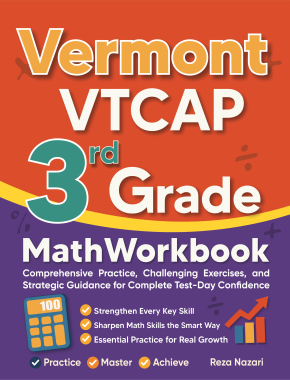
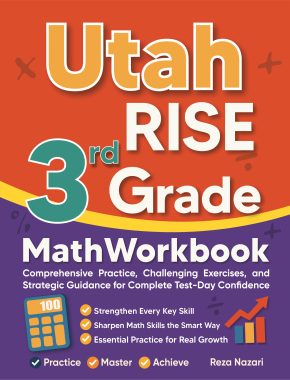
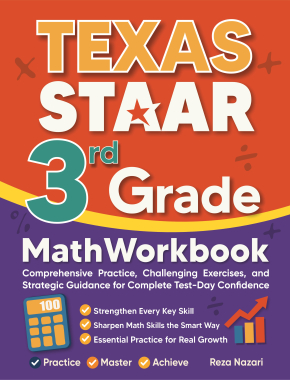
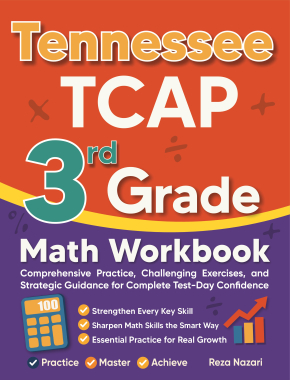
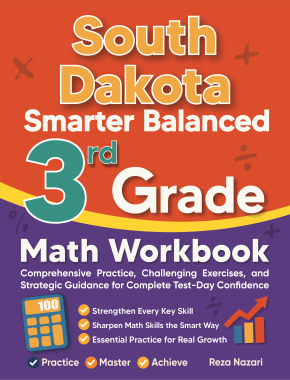
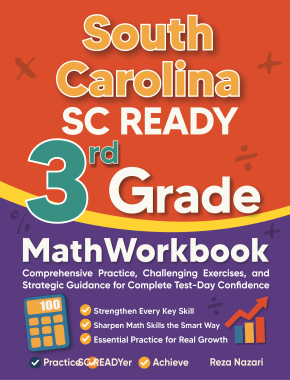
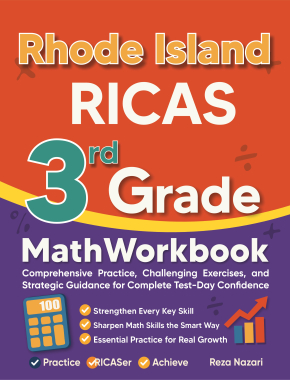
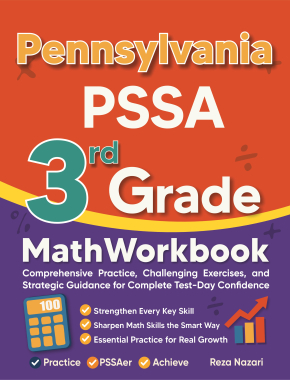
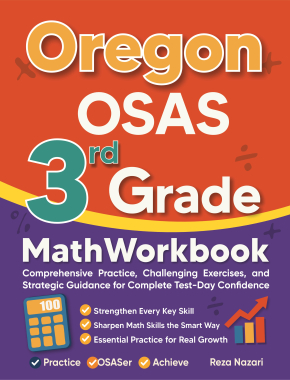
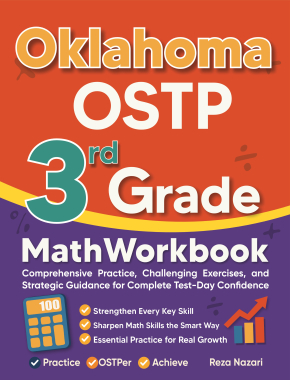
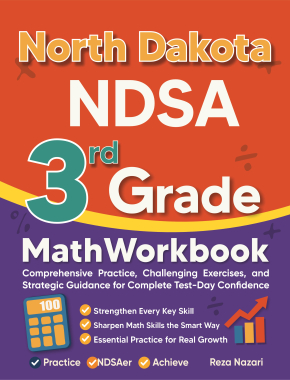
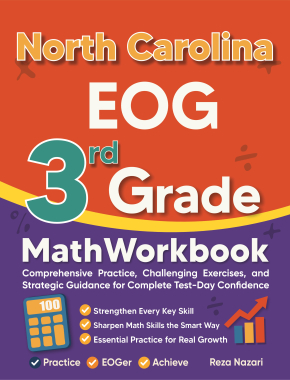

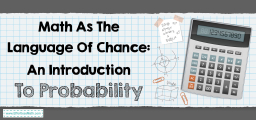
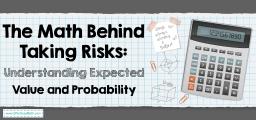
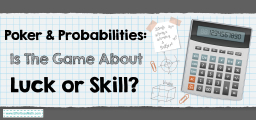

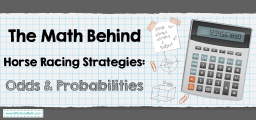


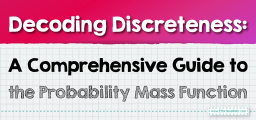

What people say about "How to Find Experimental Probability? - Effortless Math: We Help Students Learn to LOVE Mathematics"?
No one replied yet.